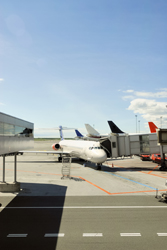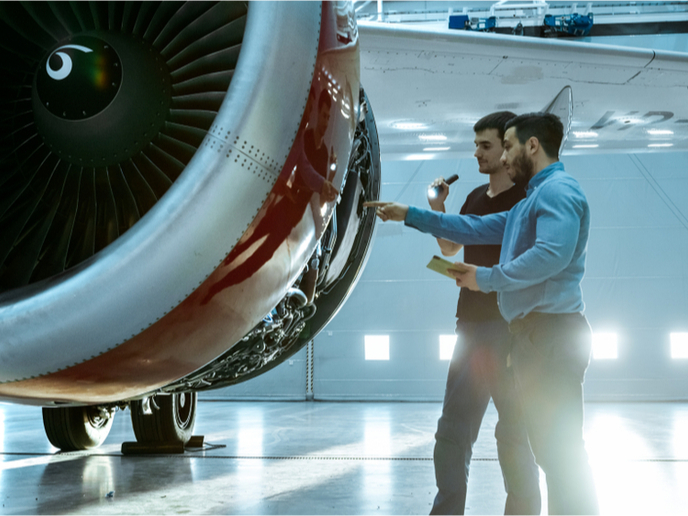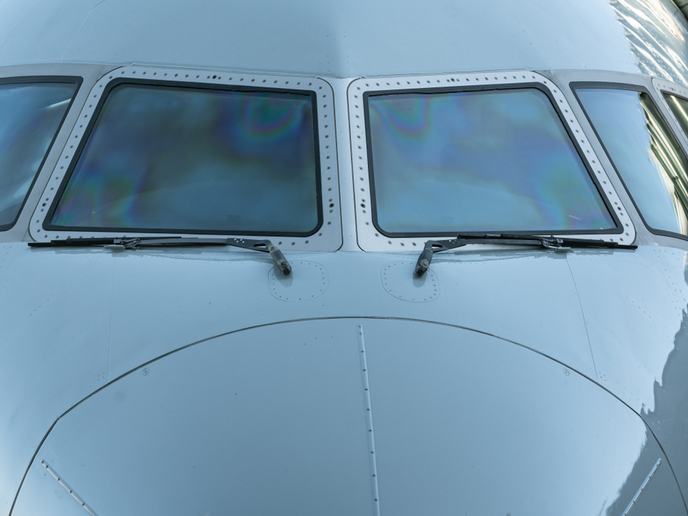New aeroplanes to fly in cleaner skies
Demand for regional commercial flights is increasing as the EU grows and exchanges flourish, but the resulting noise and air pollution are not in line with the bloc's climate change policies. The EU-funded project 'Future regional aircraft requirements study' (FRARS) explored ways to encourage regional air transport that fits with Europe's increasingly greener regulatory framework. Under the EU's Cleansky and Green Regional Airline initiatives, the project outlined the requirements for new aircraft configurations to help advance this ambitious vision. Working closely with different airlines and partners, it studied several airlines' size, fleet, revenues, customers, environmental considerations and future outlook to understand how they are evolving. FRARS then outlined desirable requirements, weights, design parameters and aspects to produce a methodology and toolset that support aircraft manufacturers in producing new aircraft configurations. This also included technological capabilities, development costs, manufacturer's considerations and other important issues to achieve the optimal design.Once a viable design is validated, resulting aeroplanes are expected to be not only greener but also highly competitive, in line with the requirements and priorities of client airline companies. In this direction, the project highlighted the success of an enterprising Greek company working closely with Alenia Aeronautica of Italy to create invaluable synergies and new business opportunities. 5LWhile the project's results have been classed as confidential, dissemination of its results has reached key stakeholders in the field, including 55 European airlines. The main findings also reached all stakeholders involved in the project consortium and other key players in the EU that could benefit from the cutting-edge information. In addition to fostering a more competitive aeronautics industry, the project has the potential to create significantly cleaner and quieter skies over Europe, giving Europe's aerospace industry a generous boost.







